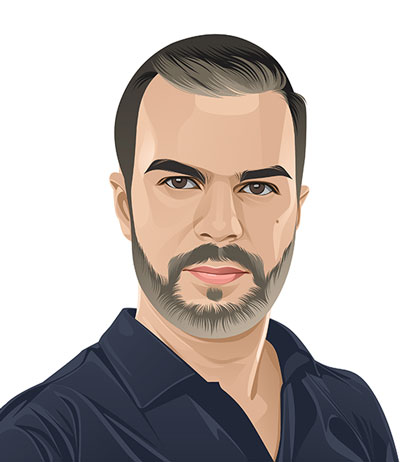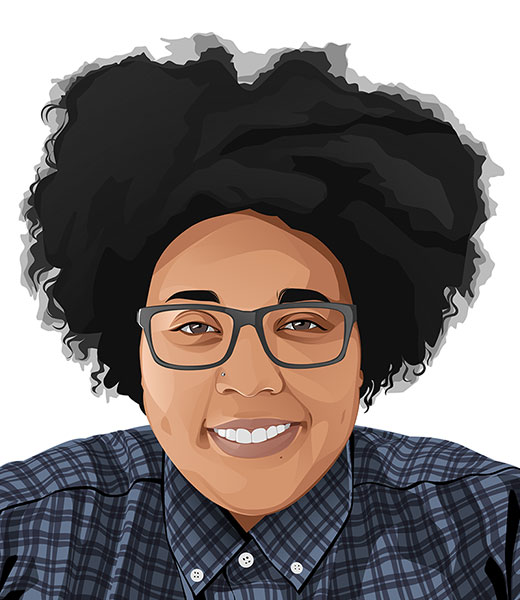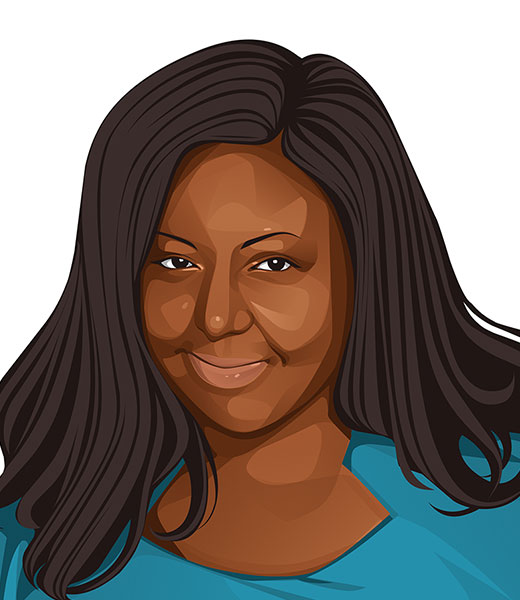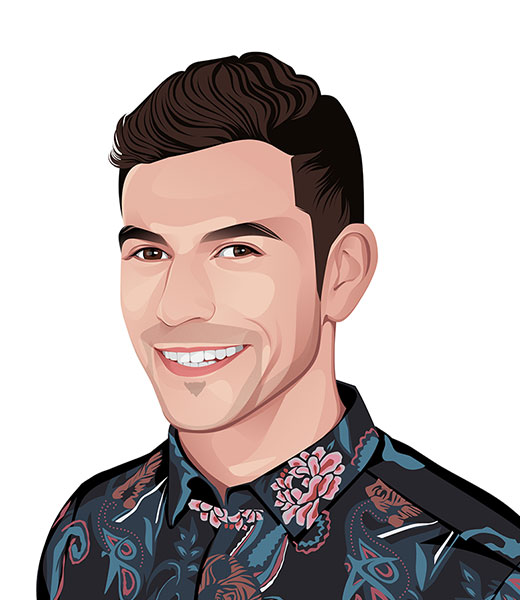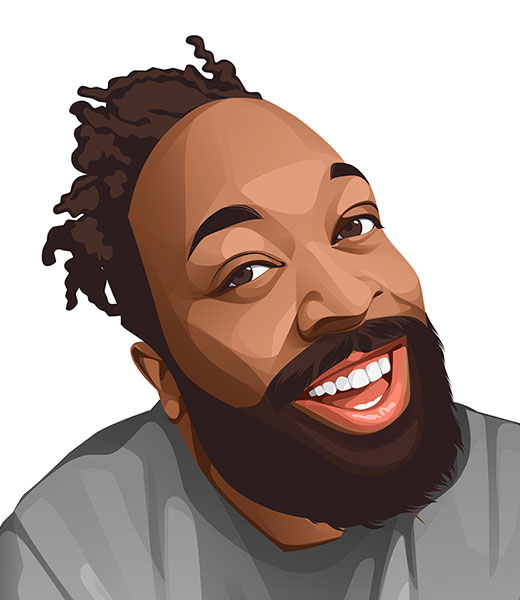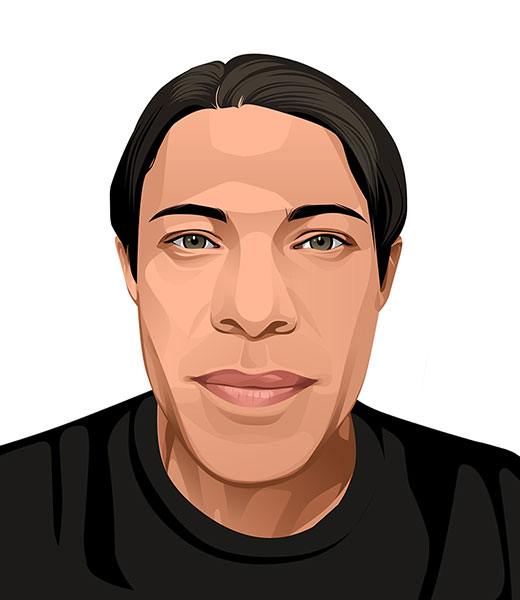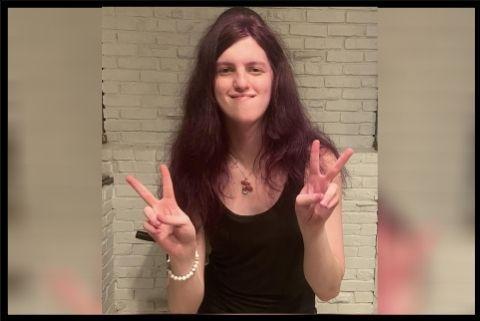
Student Athlete Blog: Esmee Silverman
Ever since I learned to walk, I have possessed a keen interest in sports.
The borderline obsession is no surprise to anyone who knows my family. In high school, my father was the captain of the soccer team and a key defender for the basketball team. When my father found out his firstborn would be a male, he began a plan to cultivate his love for sports into me on day 1. Then came the day of my birth.
I was born 3 months premature and I weighed just 2 pounds, 10 ounces. While I was in an incubator with tubes stuck in my head and machines hooked up to me, the doctors told my parents that due to my prematurity, I would likely have a lot of difficulties in life, including playing sports.
4 years later I proved the doctors wrong by taking a step onto a basketball court and making my first shot. I knew after that day I loved basketball, and I immediately pursued other sports such as soccer and lacrosse during the offseason.
I have always had a love-hate relationship with basketball. I love the adrenaline I get while I play. I hate how it is always gendered. I love the game. I hate the mental toll it takes on me. I love the fans and crowds cheering. I hate the ever-present ableism and lack of compassion from players, coaches, and fans alike. Sports are not just a test of physical attributes, repetition, and conditioning. They test mental agility, adaptation to change, and perseverance through constant adversity.
Nonetheless, I persevered through 10 years of basketball. I made 85% of my free throws, scored 22 points in a game, played with some of the best kids from my town and state, and won a number of tournaments as part of a team. I was not the best player on most of my teams, but I certainly wasn’t bad. My dreams of playing basketball for the rest of my life were coming true.
Then in 8th grade, I began experiencing something odd. It started one day when I had friends over. After being called gay as a joke, my chest suddenly snapped and I immediately felt heavy.
That was my first experience with gender dysphoria. For the first time in my life, I felt threatened by myself. I felt like I was at war with my body. A grueling, emotionally charged battle that made me feel out of touch with myself, worthless in all aspects, and made me question not only sports, but life itself.
I tried my best at first to hide it. I would wear a bright rainbow sweater and a headband in an effort to appease my body, but my efforts were without fruition. My name soon became a constant source of stress, and being on the boys team certainly didn’t help either. I was in between a rock and a hard place, hiding myself away in order to pursue a lifelong goal. I eventually came to a stark realization: the choice was basketball or my identity.
This decision gnawed at my high school freshman self. I was new to all the terminology of the LGBTQ+ community, yet a veteran in experiencing dysphoria. Months passed, and soon tryouts began. I was horrifically repressing myself at that point, and unfortunately, I didn’t make the team. I soon joined my school’s Gender Sexuality Alliance and found a sorely needed home there, and I saw the writing on the wall to hang up my basketball jersey.
I bounced around from sport to sport for a while, before landing on the varsity boys tennis team during my sophomore year. After coming out to them as transgender, I was welcomed with open arms and smiling faces. This was the first time I came out to a sports team, and it felt like such a relief to be accepted for who I am. The team was nothing but supportive, but I still felt the nagging pain of not playing on the girls team.
During junior year, I had been on estrogen for about 5 months, so my testosterone levels were lower and my muscle mass had declined considerably. While it is important to recognize the importance of hormones and sports performance, it is even more important to allow students to play on the team they identify with, for physical, mental, and emotional reasons.
I live in Massachusetts, which has laws that allow trans athletes to participate on the team that aligns best with their gender identity. These laws are extremely helpful to transgender kids both mentally and physically, as states that allow access to hormone therapy see a consideribly larger amount of transgender people feeling comfortable enough to play on the team with which they identify. I call on other states to pass laws that protect transgender athletes, and to pass legislation that allows for easier access to hormone therapy. Doing all of this will increase happiness amongst transgender youth athletes, set a new precident that sports are a place of inclusion, and allow countless athletes to be inspired to break boundaries, set records, and do amazing things.
Due to the COVID-19 pandemic, I was unable to play sports during my last year of high school. I’m excited to return to sports when I enter college this year. I want to be a trans athlete people can look up to--someone young trans athletes can look to for inspiration and support. I am willing to face criticism so others can have it easier. So, as we launch Changing the Game, I pledge to help change the game, and create inclusive sports teams for all.
For more information go to glsen.org/ChangingTheGame or email sportsproject@glsen.org.
Biography
Hello! I’m Esmee and I use she/her pronouns. I’m a trans girl senior in Easton Massachusetts; where I’m president of the schools GSA and a member of the varsity tennis team. Outside of school my passion for GSAs and trans rights runs WILD, I’m on the Massachusetts GSA State Council, co-run the local GSA Regional Meetings, cofacilitate GLSEN Massachusetts drop ins, and work as a Peer Leader at the Brockton Alliance of Gay and Lesbian Youth.

